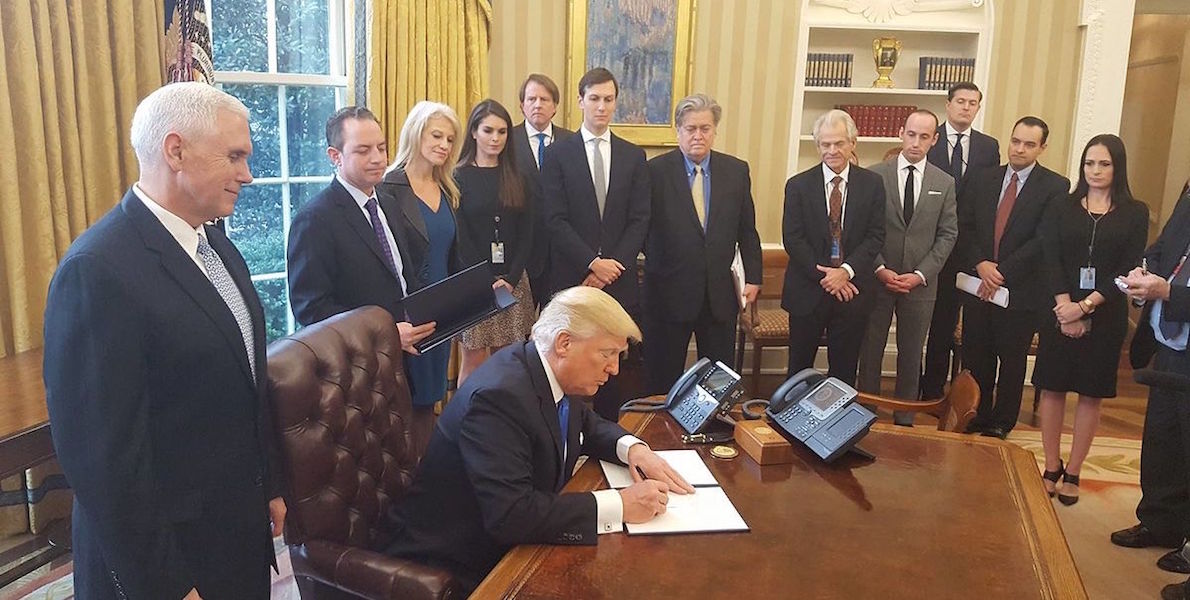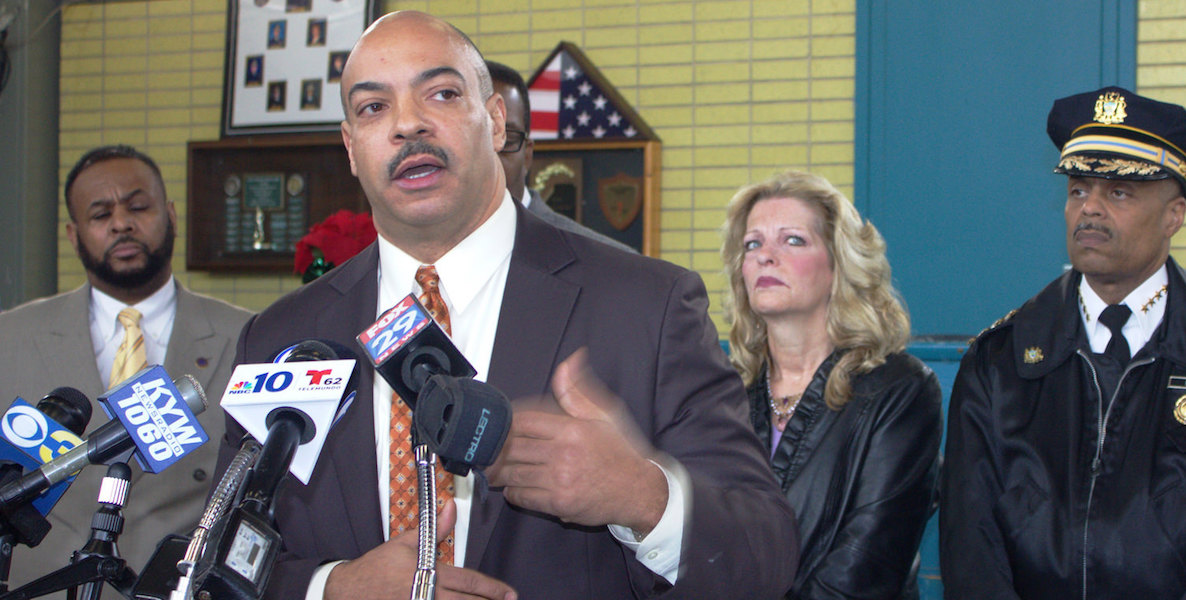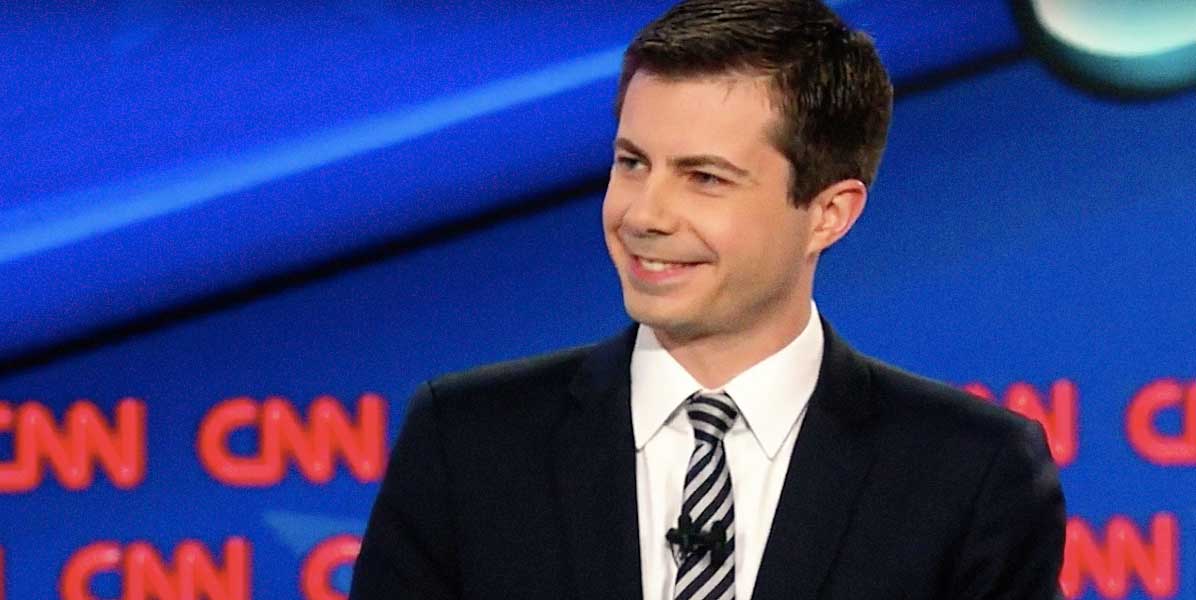In December, I caught up with Ed Rendell. Like so many reeling from Donald Trump’s upset victory, he seemed in shock. “I keep waiting to wake up,” he said. I’ve known the former mayor and governor for over 20 years; we’ve argued about politics, bonded over sports, and shared laughs over our mutual love of pulling pranks on those closest to us. But I hadn’t heard this Ed Rendell before; Rendell is essentially an enthusiast, an ebullient people person…but, on this day, the tone of his voice was flatter, more somber.
To make matters worse, his beloved Eagles football team, after a promising start, had faded late in the season. What was there to look forward to? I asked. There was a long pause. “Let’s see what happens when Ben Simmons plays,” he replied, referencing the Sixers’ injured top draft pick. (Who still has not taken the court!)
Yes, Rendell is a partisan Democrat, so part of his sadness was understandable; his side, after all, had lost. But, as we moved from hoops to the state of our disunion, it became clear that he had some real concerns about the tenor of the national conversation. We’d just had a very angry election; it was as if Trump’s darkly pugilistic spirit had spread across the body politic, that we’d just elected a screamer-in-chief. Every time you flicked on the TV, if you didn’t hear Trump insulting people, you heard pundits talking over one another, or you heard Bernie or Hillary shouting.
“Whatever happened to the Happy Warrior?” Rendell asked. He was right; I came of age when there was Hubert Humphrey on the left and Jack Kemp on the right, political centrists who fiercely stuck to their principles…but always with a smile on their face. Rendell governed that way, too; he wore his heart on his sleeve, which sometimes caused controversy, but it led voters to reach conclusions about him that every politician pines for: Here’s a guy who cares. Here’s a guy who is real.
Humphrey, the U.S. Senator from Minnesota who was the Democratic nominee for president in 1968, is the most renowned Happy Warrior in recent political history. In the 1960s, he shepherded the landmark Civil Rights Bill through Congress; at 37, in 1948, right here in Philadelphia, he argued before the Democratic Convention for a civil rights plank in his party’s platform:
There are those who say to you—we are rushing this issue of civil rights. I say we are 172 years late. There are those who say—this issue of civil rights is an infringement on states rights. The time has arrived for the Democratic party to get out of the shadow of states rights and walk forthrightly into the bright sunshine of human rights.
His speech led Southern Democrats to storm out of the convention and start a rival party. It also gave the Democratic party—and embattled President Harry Truman—a cause, and a commitment to a guiding moral principle. But Humphrey’s greatest legacy may have been his knack for disagreeing without being disagreeable, thereby converting others to his point of view.
“One of the things that excites me about the energy in our party right now is that we’re all supporting each other,” Buttigieg said. “You saw that in the Women’s March. There were people of all ages, and they were resisting what they see as wrong but doing it by supporting one another. That sense of being a Happy Warrior is what we need to carry forward. It’s not about opposition for its own sake, it’s about standing for our values.”
Once, he was asked if he was too happy in an unhappy world: “Well, maybe I can make it a little more happy,” he said. “I realize and sense the realities of the world in which we live. I’m not at all happy about what I see in the nuclear arms race…and the machinations of the Soviets or the Chinese…the misery that’s in our cities. I’m aware of all that. But I do not believe that people will respond to do better if they are constantly approached by a negative attitude. People have to believe that they can do better. They’ve got to know that there’s somebody that’s with them that wants to help and work with them, and somebody that hasn’t tossed in the towel.”
Ever since our conversation, I’ve been thinking about Rendell’s call for a Happy Warrior, and I’ve been wondering: Where have you gone, Hubert Humphrey? Our nation turns its lonely eyes to you.
Wednesday night, I turned on CNN and watched a debate among the candidates vying to become the next chair of the Democratic National Committee; delegates will vote tomorrow. The two frontrunners are D.C. insiders, Congressman Keith Ellison, the first Muslim to serve in Congress, and former Obama Labor Secretary Thomas Perez. Ellison is a protege of Bernie Sanders and Elizabeth Warren, and Perez comes with the imprimatur of both Obama and Hillary Clinton…in that sense, they’re all relitigating the 2016 primary.
But also on the stage was the 35-year-old mayor of South Bend, Indiana, who Rendell, bucking the establishment, had endorsed last week. I first became aware of Pete Buttigieg last summer, when New York Times columnist Frank Bruni profiled him, and the bona fides seemed too good to be true: Harvard. Rhodes Scholar. Lieutenant in the Navy reserve, deployed to Afghanistan in 2014. A leader in urban innovation, using public art to reinvigorate downtown and demolishing or repairing 1,000 blighted buildings in 1,000 days. And did I mention that he’s gay? The headline of Bruni’s piece was “The First Gay President?”
So there he was Wednesday night, looking more mayoral intern than mayor, and you couldn’t help but suspect he’d been coached by Rendell. Asked about the Left’s potentially overreaching movement to resist Trump on everything at all costs, Buttigieg sounded a note of reasonable caution. “It can’t be resistance for its own sake,” he said, in a calm cadence we too seldom hear in our politics. “One of the things that excites me about the energy in our party right now is that we’re all supporting each other. You saw that in the Women’s March—it was actually fun to be a part of that. There were people of all ages, and they were resisting what they see as wrong but doing it by supporting one another. That sense of being a Happy Warrior is what we need to carry forward. It’s not about opposition for its own sake, it’s about standing for our values.”
The other candidates seem mired in waging old battles; at a previous forum, one candidate, Sally Boynton Brown, who is white, even said the party needed to teach volunteers “how to be sensitive and how to shut their mouths if they are white.” Buttigieg, on the other hand, seemed to borrow from the Humphrey model. “Don’t get mad,” he told his party faithful. “Get on your school board.”
In effect, Buttigieg (pronounced Boot-edge-edge, as best I could tell) made the case that a much-read New York Times op-ed by Mark Lilla advanced after the election: That Clinton, by “calling out explicitly to African-American, Latino, LGBT and women voters at every stop” had encouraged working-class whites to see themselves as just another interest group, and one that Democrats weren’t as interested in championing. No wonder, come election day, the scores of working-class white voters in Pennsylvania and Michigan who, having voted for Obama twice, took a flyer on Trump. Democrats, Buttigieg said, can’t be seen as a party that plays groups of voters off against one another. “We’re all in this together,” he said. “That has to be the message.”
The other candidates seem mired in waging old battles; at a previous forum, one candidate, Sally Boynton Brown, who is white, even said the party needed to teach volunteers “how to be sensitive and how to shut their mouths if they are white.”
Buttigieg, on the other hand, seemed to borrow from the Humphrey model. “Don’t get mad,” he told his party faithful. “Get on your school board.”
To those on the stage who were, in effect, proxies for the Sanders and Clinton campaigns? Get over it, he seemed to say. “I didn’t love living through the 2016 primary the first time,” he said. “I don’t know why we as a party would want to live through it a second time. We have to look forward, not back.”
Asked how the party could attract more millennials, he smiled. “One thing you could do to better engage millennials is put a 35-year-old in as chair of the DNC,” he said. At one point, he mentioned in passing that he’d gone hunting with his boyfriend’s father, before catching himself: “How’s that for a 2017 sentence?”
Even before election day, Ed Rendell sensed that his party needed something new. He even called higher-ups at the Clinton campaign and urged them to put the candidate in a car and travel the western part of his state with populist Braddock Mayor and former U.S. Senate candidate John Fetterman. Now it appears Rendell may have found that new thing.
Buttigieg’s candidacy is a long shot, though he has the support of past chairmen like Rendell and Howard Dean. Sure, if you’re playing the identity politics game, you could complain that of course the older white guys are rallying to the cause of the young white male candidate. But you could just as easily see Buttigieg as someone who has spent six years innovating and getting results in a red state city, someone making a difference in real people’s lives, someone far from D.C. insularity, someone with a cheery, forward-looking message. Our politics are broken and both parties seem destined to remain tone deaf. Maybe it’s time for some generational change.








